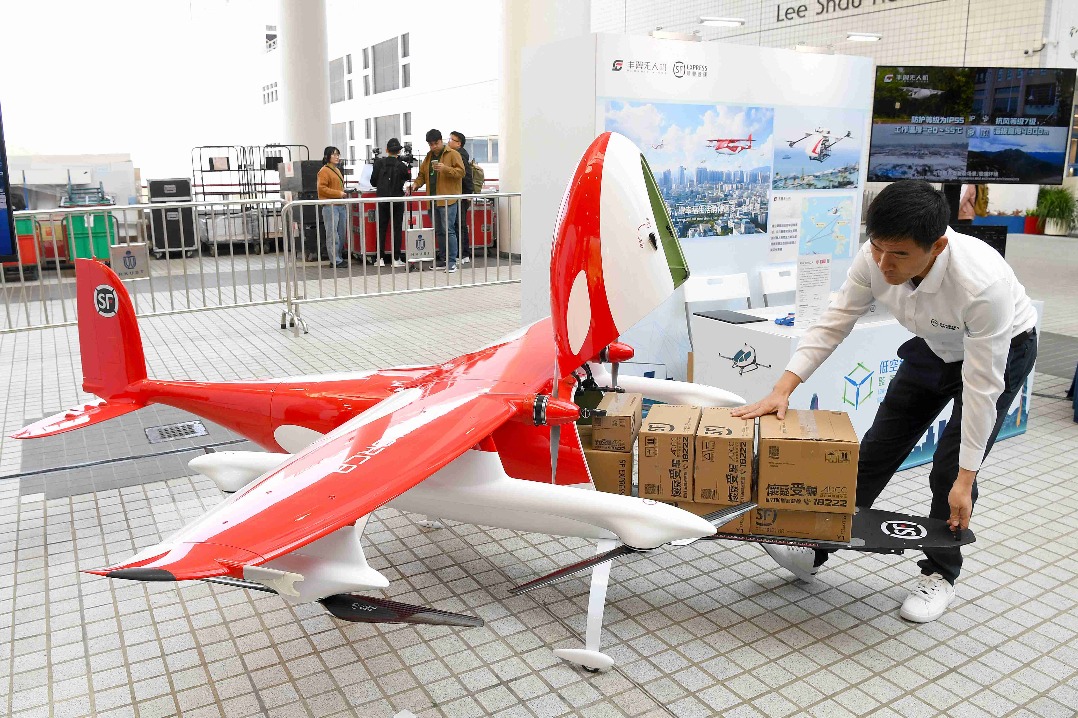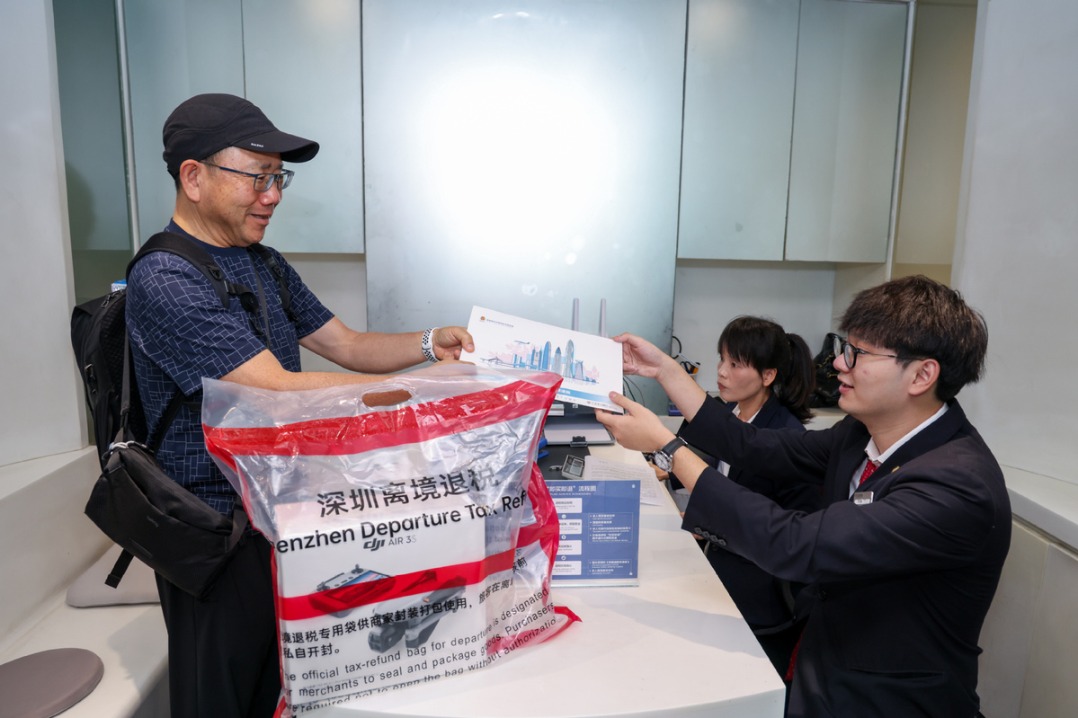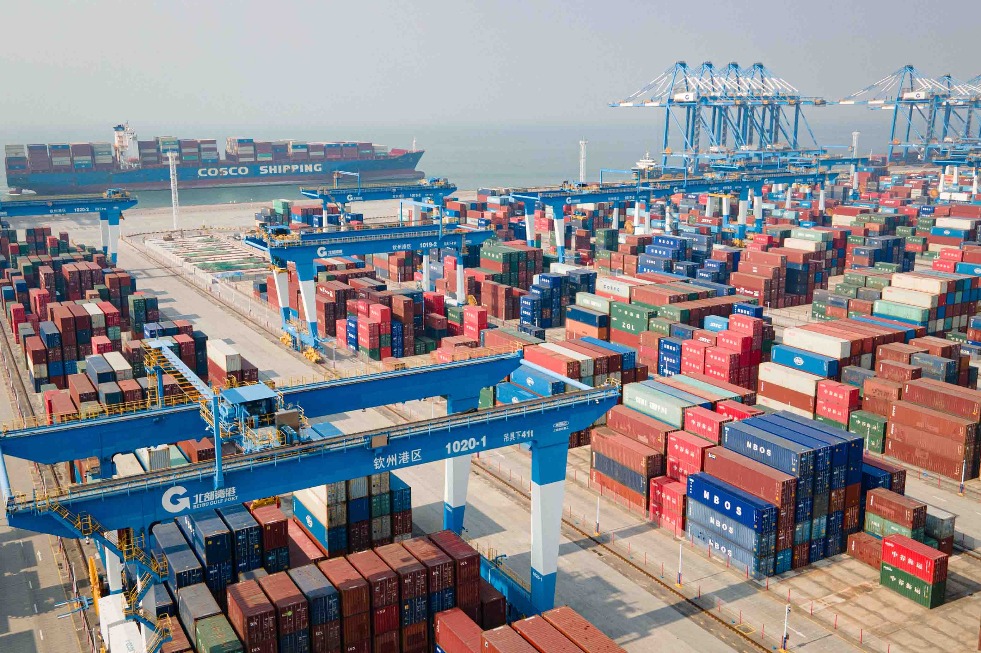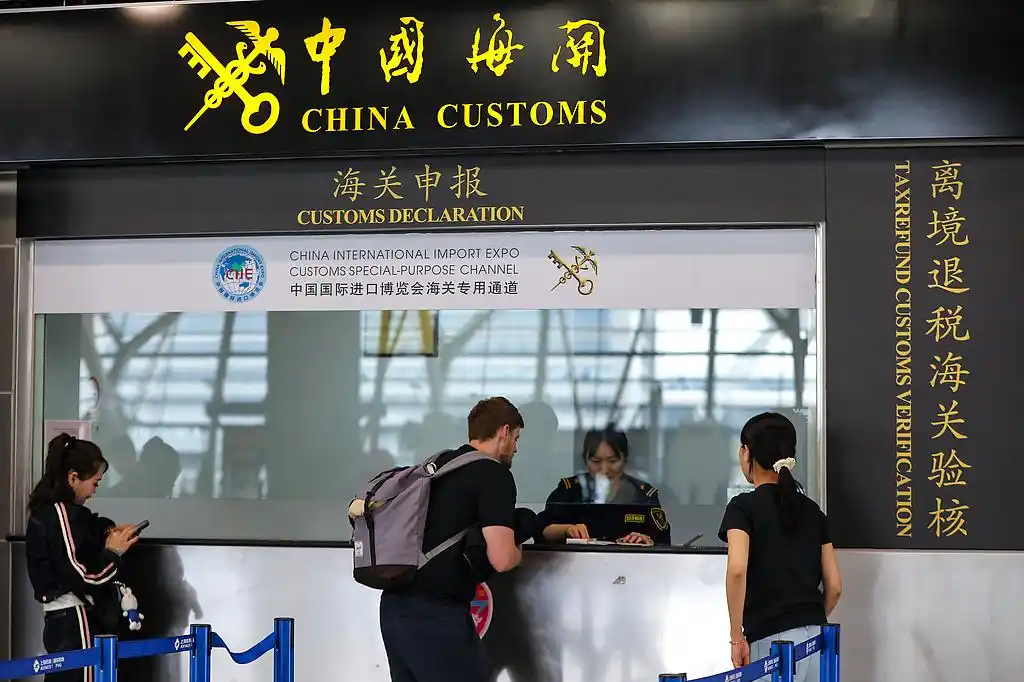China to take resolute steps against US export controls on chips: Ministry of Commerce

China will take firm measures to safeguard the legitimate interests of its companies, following the United States' latest attempt to block the global use of Huawei Technologies' Ascend artificial intelligence chips, the Ministry of Commerce said on Thursday.
At a weekly news briefing in Beijing, ministry spokeswoman He Yongqian said that the latest US announcement to tighten export controls on Chinese chip products is a typical example of unilateral bullying, exposing the protectionist and unilateral nature of its trade policy.
The ministry's remarks followed guidance issued by the US Department of Commerce on Tuesday, stating that the use of Huawei Technologies' Ascend AI chips "anywhere in the world" would breach US export controls, marking an escalation in Washington's efforts to hinder China's technological advancement.
The ministry spokeswoman said the US, by citing unfounded accusations to justify further restrictions, has seriously undermined the legitimate rights and interests of Chinese businesses, threatened the stability of global semiconductor supply chains, and disrupted market rules as well as the international economic and trade order.
Such actions harm long-term, mutually beneficial and sustainable cooperation between companies from both countries, she added.
China's foreign trade in chip products reached $129.5 billion in the first quarter of 2025, up 5.5 percent year-on-year, while its exports amounted to $40.99 billion, surging 10.9 percent year-on-year, the latest statistics from the General Administration of Customs showed.
The Ministry of Commerce also called on the US to end its Section 232 tariffs on imported automobiles, steel and aluminum, as well as its investigation into imported pharmaceuticals, stressing that such issues can be resolved through dialogue.
China considers this type of tariffs and related probes to be unilateral and protectionist in nature, harming other countries, eroding global trade norms and ultimately offering limited benefits to US industries, said He.
Following the joint statement released on Monday after the high-level China-US economic and trade talks in Geneva, China paused measures on Wednesday that added 11 US companies to its unreliable entity list on April 4 and six others on April 9, the Ministry of Commerce said in an online statement.
Chinese businesses are now able to apply for approval to resume transactions with these companies during the 90-day suspension period.
Shi Xianjin, an assistant researcher at the Chinese Academy of Social Sciences' Institute of World Economics and Politics, said the temporary suspension allows Chinese companies to resume business activities with affected US entities, helping to minimize disruptions to supply chains and commercial partnerships.
This pragmatic step underscores China's broader commitment to maintaining open markets, reducing trade friction and addressing specific concerns through consultation rather than confrontation, said Shi.
In addition, China also temporarily lifted export control measures that had placed 28 US entities on its export control list. Starting on Wednesday, the suspension will remain in effect for 90 days, according to the Ministry of Commerce.
In the meantime, exporters seeking to ship dual-use items to these entities must apply to the Ministry of Commerce in accordance with relevant regulations.
The trade relationship between China and the US is shaped by fundamental economic dynamics, rather than being deliberately guided by China, said Wang Qian, a researcher specializing in international trade at Shanghai University of International Business and Economics.
"Given the scale, depth and breadth of China-US economic ties, differences are inevitable," said Wang. "However, such issues should be addressed through equal dialogue and mutually beneficial cooperation. Unilateral measures not only fail to resolve problems, but may also escalate tensions."




































